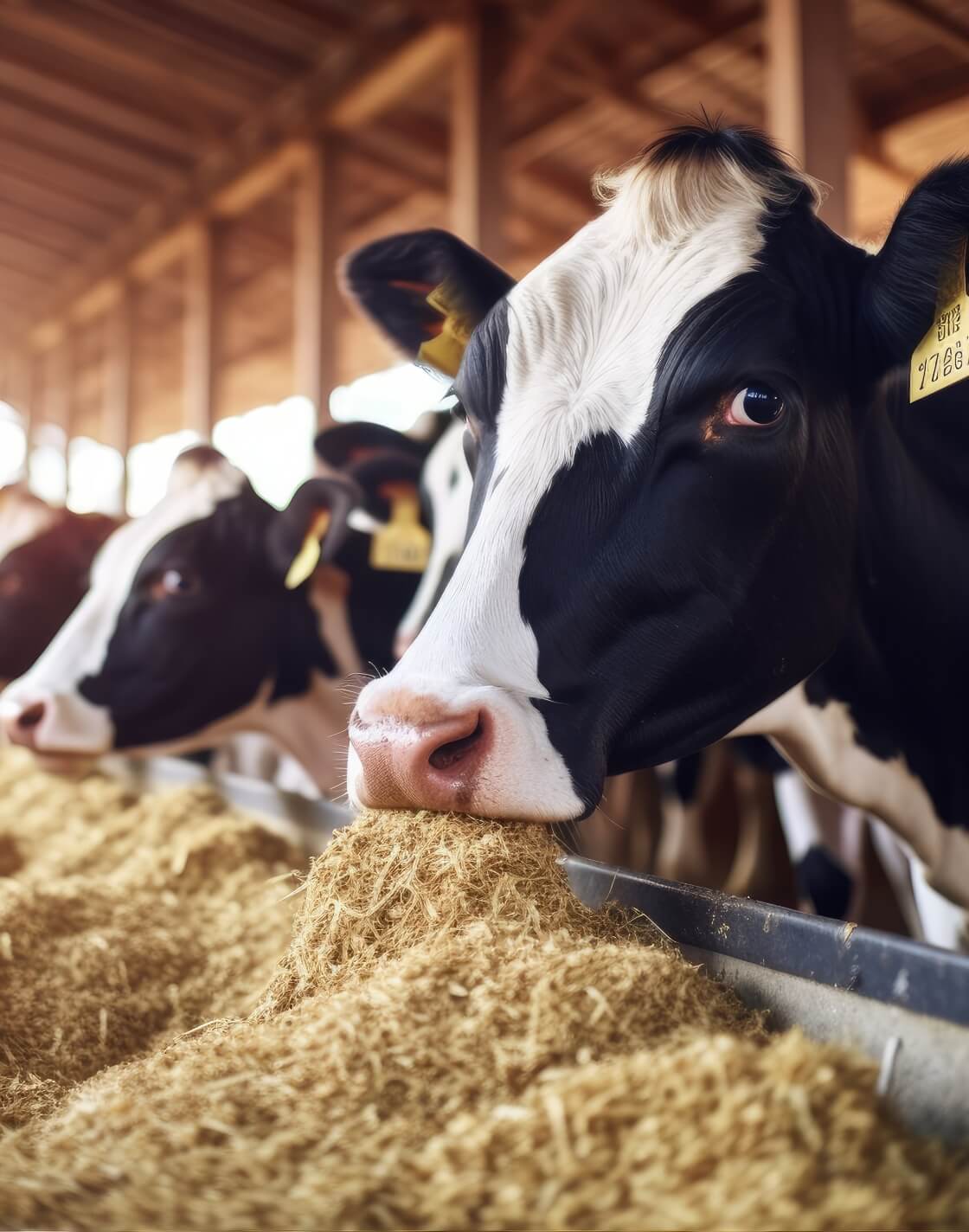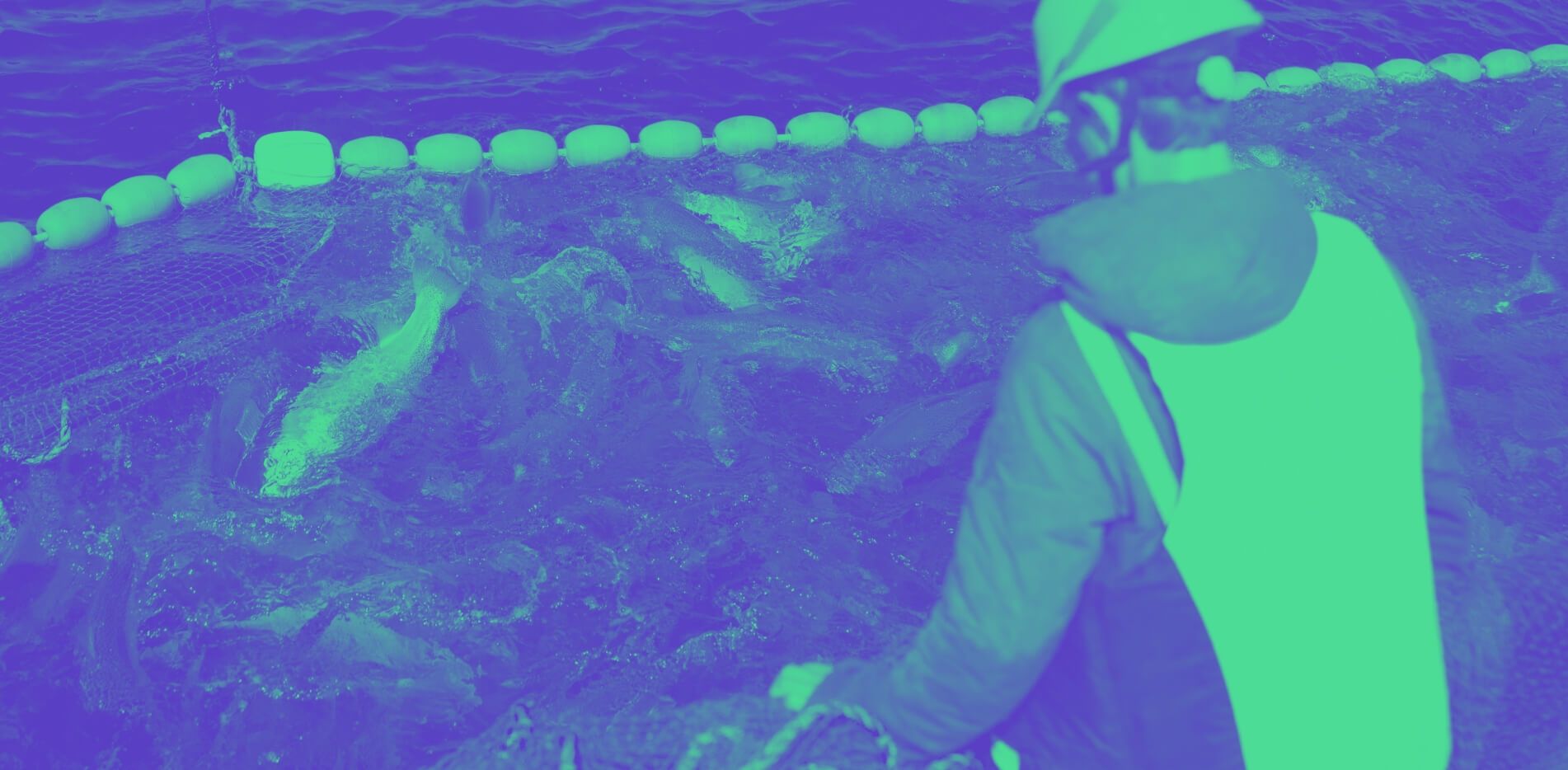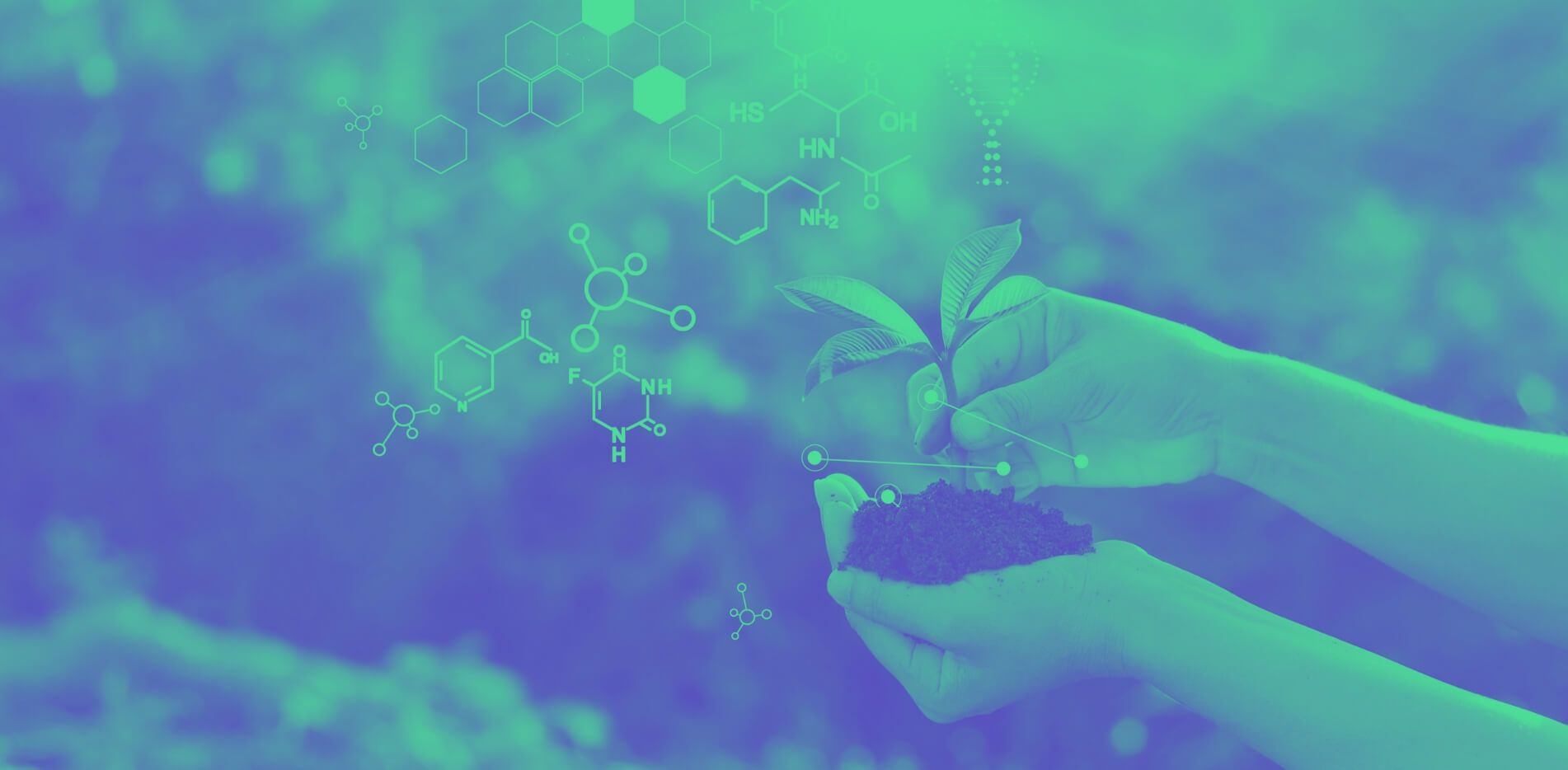Market challenges
- Improving productivity and performance,
- Animal health and welfare through nutrition,
- Solutions to reduce enteric methane emissions from ruminants (the main source of greenhouse gas emissions from livestock farming),
- Integration of new sources of nutrients with low environmental impact (new protein sources, omega 3 from microalgae rather than fish, etc.).
The environmental challenges of animal nutrition are part of a more global approach that aims to transform food production in order to feed a growing population in a sustainable and ethical way. To date, animal production accounts for 20% of anthropogenic greenhouse gas emissions, 58% of which are attributable to animal feed production*. 79% of the plant proteins produced worldwide are used for animal feed**.
The animal feed sector has no choice but to adapt to the agro-ecological transition. It will play an important role.
Numerous studies have demonstrated the benefits of microalgae for animal nutrition and health***. The industrial production of high-volume algal biomass with low impact (on land use and the environment) will contribute to the evolution of our food system.
CarbonWorks is committed to developing tools for the industrial production of microalgae, with the aim of bringing this opportunity to our societies.
*: Xu, X., Sharma, P., Shu, S. et al. Global greenhouse gas emissions from animal-based foods are twice those of plant-based foods. Nat Food 2, 724-732 (2021)
**: DRONNE, Y. (2019). Agricultural raw materials for food and feed: the world. INRAE Productions Animales, 31(3), 165-180.
***: Madeira et al, Microalgae as feed ingredients for livestock production and meat quality: A review, Livestock Science, Volume 205, 2017, Pages 111-121








